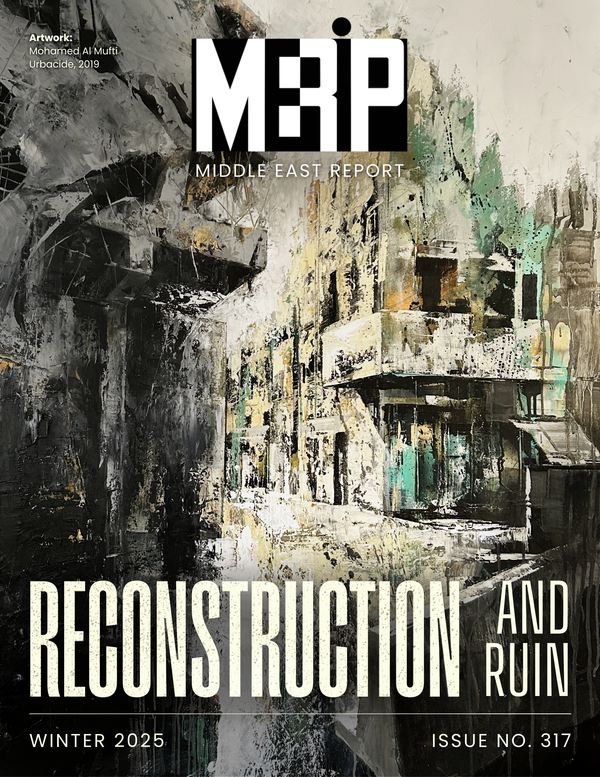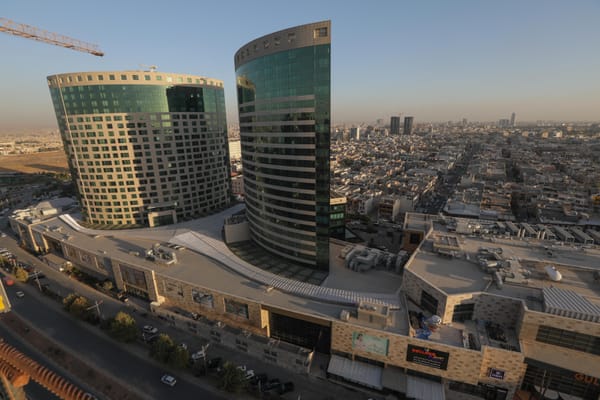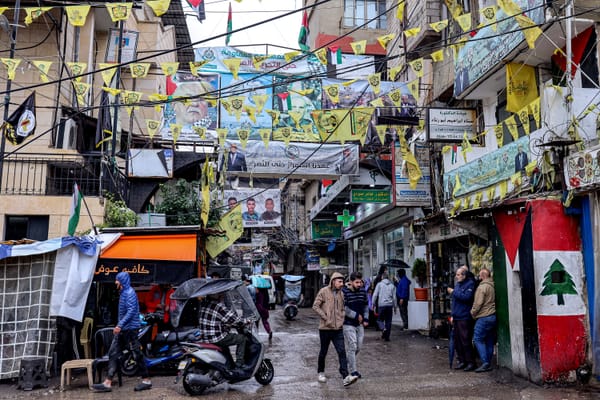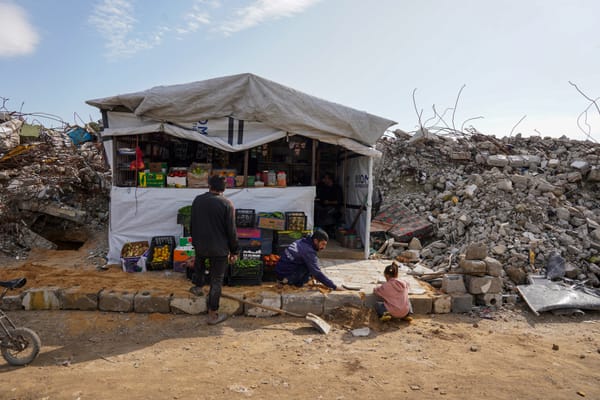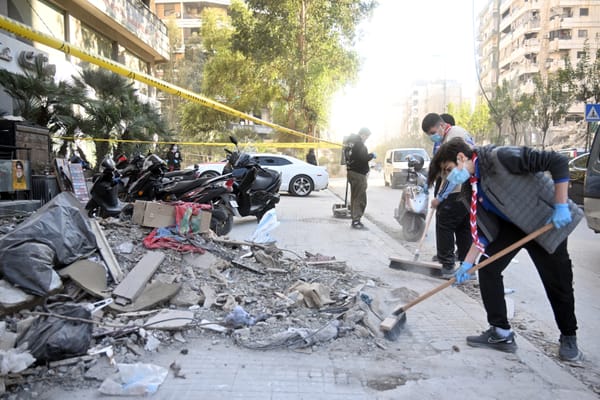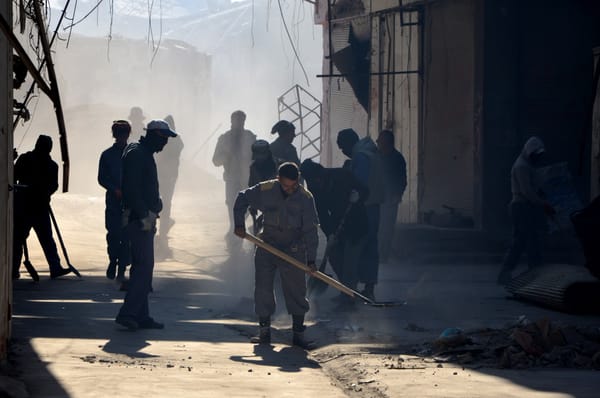Egyptian Political Parties
Alliance (Tahaluf) An opposition list formed for the 1987 elections by the Socialist Labor Party, the Muslim Brotherhood and the Socialist Liberals Party. Officially identified as the SLP list, since the Muslim Brotherhood, as a religious organization, cannot legally participate in elections.




